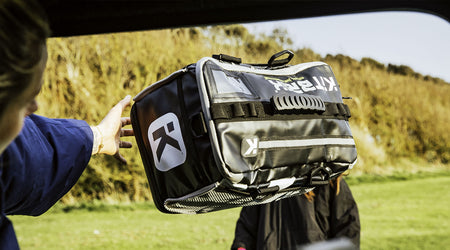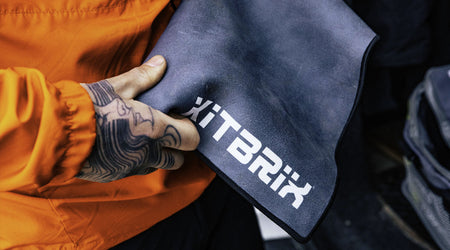
Marathon running isn’t just about putting one foot in front of the other. It’s a magical test of endurance that demands adequate physical and mental preparation. Whilst training schedules and gear selection are crucial elements of preparation, there are others equally important that can often be overlooked. One such that can really make, or break, race day performance is nutrition. We have asked Paula Radcliffe to help us deep dive into the essential nutrition strategies for marathon runners, exploring how proper fuel can optimise and enhance overall race day performance and wellbeing. Proper nutrition not only provides the energy necessary to sustain prolonged exercise but also supports muscle repair, immune function, and overall recovery, as well as brain function.
Pre-Race Nutrition
In the days leading to the marathon, focus on consuming a balanced diet rich in carbohydrates, lean proteins, healthy fats, and plenty of fruits and vegetables. Carbohydrates are the body’s primary fuel source during endurance activities, so aim to increase your intake of complex carbs like whole gains, legumes and starchy vegetables. The 48 hours before the race is the optimal times for our muscles to store all the glycogen ready for race day. To do this enough fluid is vital to get the glycogen into the muscles. So….
Do not to forget to hydrate, drink plenty of fluids, particularly water and electrolyte rich beverages to ensure optimal hydration levels.
Race Day Fuelling
During race day itself, the key is to maintain a steady supply of energy to sustain performance over the gruelling distance. Consume a balanced mix of carbohydrates and electrolytes through energy gels, sports drinks, or easily digestible snacks like bananas or energy bars at regular intervals throughout the race. This will help keep the body’s glycogen stores topped up.
Experiment with different fuelling strategies during the training runs in order to determine what best works for you. Listen to your body’s cues and adjust your intake accordingly to avoid hitting the dreaded “wall” a state of depletion that is characterised by fatigue and diminished performance. It is also a good idea to practice drinking on runs, and to do so with drinks that are provided during the race itself.
Post Race Recovery – Refuel and Replenish
Once you’ve crossed the finish line, your body will be in dire need of replenishment to kickstart recovery. Within the first 30 minutes to an hour post-race, consume a combination of carbohydrates and protein to help replenish glycogen and facilitate muscle repair. Do not forget the vital rehydration alongside this.
Opt for easier and faster options such as protein shakes, chocolate milk, or a balanced meal consisting of all the food groups and replacing fluids lost during the race.
Every person is unique so it’s essential to consider what works for you and fine tune it into your nutrition plan based on preferences and dietary requirements. Having the proper nutrition is a cornerstone of marathon preparation that should never be overlooked. By fuelling your body with the right nutrients at the right times, you can optimise performance, enhance recovery and ensure a successful race day.
Lace up your shoes, fuel up and conquer that marathon with confidence!






0 comments